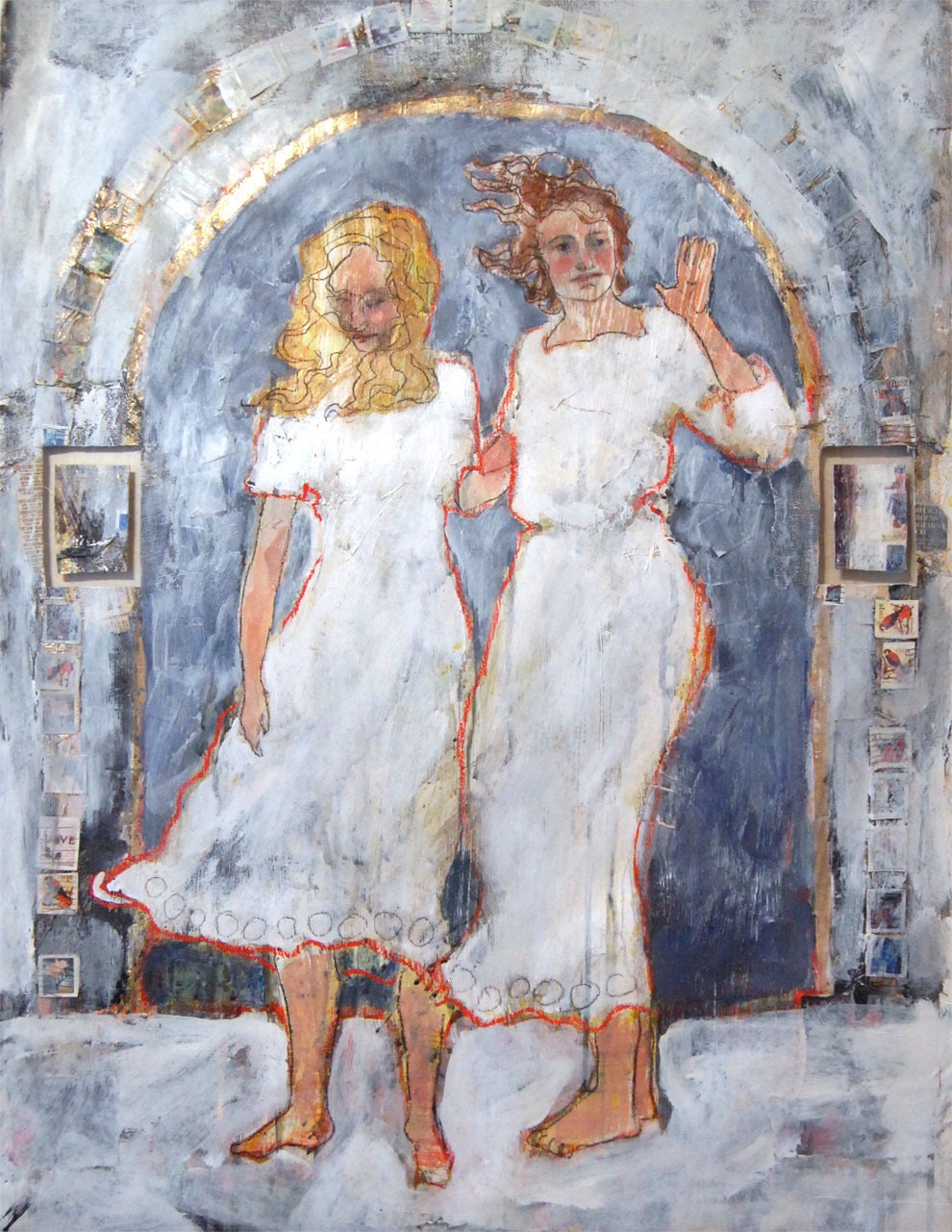Guest post from reader Corianne Wilson
I had the most beautiful dream last night. In it, I was standing with a group of women and girls, and we were all wearing brightly colored dresses–like jewel-toned versions of the temple gowns. Off to the side there was a group of men, who were calling us forward one by one–starting with the young-women aged girls–and and anointing them with the Aaronic priesthood.
When the brethren became aware of me, they called me over, and I was anointed not only with the Aaronic but the Melkesadic priesthood as well. After the prayers, they embraced me and said “welcome, sister” and I could feel the love and joy that they had that I had finally joined their ranks. I was then asked to assist in the remaining ordinations.
When I woke up, I was feeling the spirit very strongly. And as I reflected on this dream, it wasn’t simply that women were being ordained that made it so beautiful, it was that men and women were working together to build up the kingdom, and that women were put in a position that was truly equal to the men.


